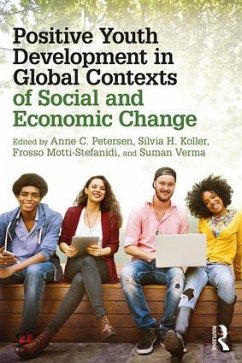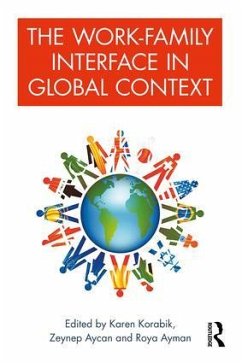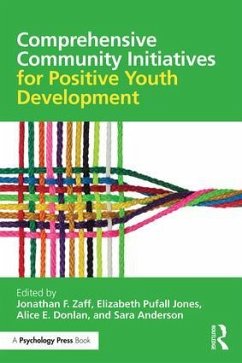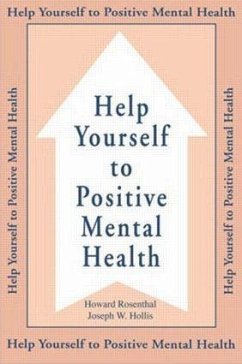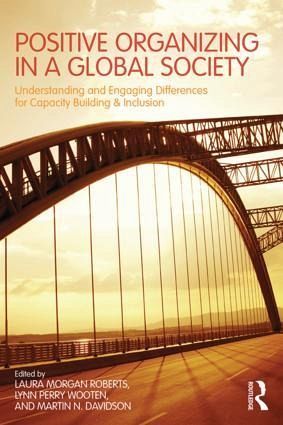
Positive Organizing in a Global Society
Understanding and Engaging Differences for Capacity Building and Inclusion
Herausgeber: Roberts, Laura Morgan; Davidson, Martin; Wooten, Lynn Perry

PAYBACK Punkte
35 °P sammeln!
This book unites the latest research in diversity, inclusion, and positive organizational scholarship (POS), to investigate diversity and inclusion dynamics in social systems. Comprised of succinct chapters from thought leaders in the field, this book covers both micro- and macro-levels of analysis, covering topics such as authenticity, mentorship, intersectional identity work, positive deviance, resilience, resource cultivation and utilization, boundary-spanning leadership, strengths-based development, positive workplace interventions to promote well-being, inclusive strategic planning, and t...
This book unites the latest research in diversity, inclusion, and positive organizational scholarship (POS), to investigate diversity and inclusion dynamics in social systems. Comprised of succinct chapters from thought leaders in the field, this book covers both micro- and macro-levels of analysis, covering topics such as authenticity, mentorship, intersectional identity work, positive deviance, resilience, resource cultivation and utilization, boundary-spanning leadership, strengths-based development, positive workplace interventions to promote well-being, inclusive strategic planning, and the role of diversity in innovation.





